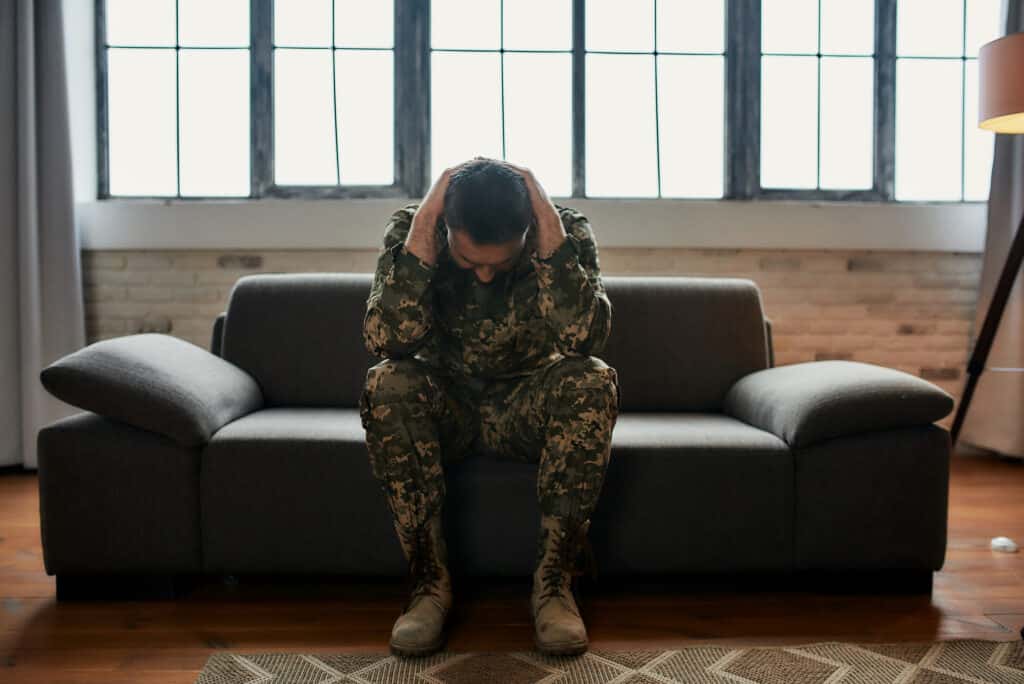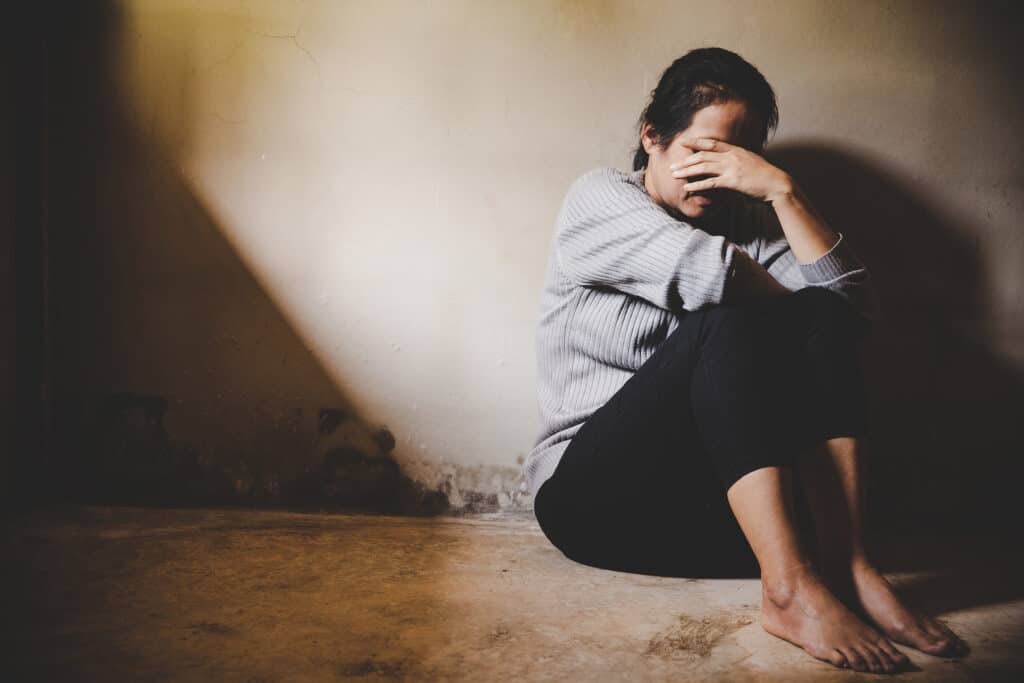Have you experienced a trauma? Are you struggling to comprehend what happened?
Experiencing trauma may feel like a life-changing experience and may even leave you feeling that your life is ruined. However, talking about it with someone is the first step. You are a survivor, not a victim. You made it through the trauma and can learn to thrive in your life going forward. You’re not alone.

Trauma is a person’s emotional response to a distressing experience. Unlike ordinary hardships, traumatic events tend to be sudden and unpredictable, involve a serious threat to life, and feel beyond a person’s control. Moreover, traumatic events may undermine a person’s sense of safety in the world and may create a sense that catastrophe could strike at any time. Examples of traumatic events include the loss of a parent during childhood, accidents, physical violence, sexual assault, military combat experiences, the unexpected loss of a loved one, or abuse.
Trauma can be acute, reflecting the intense distress following a one-time event, or chronic, which reflects multiple traumatic events over a prolonged period. Furthermore, Adverse Childhood Experiences (ACE) cover a wide range of difficult situations that children can experience growing up before they have developed effective coping skills. ACEs may disrupt the normal course of development and the emotional injury may last long into adulthood.
Post-Traumatic Stress Disorder (PTSD) is a mental health condition that develops in response to experiencing a distressing event involving the threat of death or extreme bodily harm. Those with PTSD typically are hypervigilant and have an exaggerated or strong startle response, which may be triggered by unexpected sound or movement, for example. Someone with PTSD may often relive their traumatic event through nightmares or flashbacks.

Symptoms
Fear, anxiety, shock, and anger are all normal, short-term responses to trauma. For some people, the distressing feelings from the trauma can linger and begin to interfere with their day-to-day functioning. Sufferers of long-term trauma and PTSD may develop emotional disturbances, such as extreme anger, sadness, guilt, disassociation, an inability to feel pleasure, or emotional numbness. They may also re-experience the trauma through nightmares or flashbacks. Trauma can also result in someone living in ‘defence mode’, feeling ‘on edge’, being hypervigilant to the possibility of threat, and experiencing sleep issues, physical pain, relationship issues, social withdrawal, and a diminished sense of self-worth.
Treatment
Trauma symptoms may be relieved by positive lifestyle changes, including healthy eating, physical exercise, avoiding alcohol and drugs, developing a good sleep routine, social support, and emphasising self-care and self-compassion in their lives. Therapy can help a person to build resilience, develop coping skills, and address unresolved feelings from the trauma. Everyone’s journey with their trauma will be different and everyone will explore the impact of their trauma at their own pace.
For more information on trauma, please see the resources below.

References & Resources
Anxiety Ireland. (2023). Post-Traumatic Stress Disorder.
Retrieved from: https://www.anxietyireland.ie/ptsd/
HSE. (2022). Post-Traumatic Stress Disorder (PTSD).
Retrieved from: https://www2.hse.ie/conditions/ptsd/
Mental Health Ireland. (2024). Trauma and Recovery: An Introduction to the Journey.
Retrieved from: https://www.mentalhealthireland.ie/trauma/
Psychology Today. (2024). Post-Traumatic Stress Disorder.
Retrieved from: https://www.psychologytoday.com/ie/basics/post-traumatic-stress-disorder
Psychology Today. (2024). Trauma.
Retrieved from: https://www.psychologytoday.com/ie/basics/trauma
Helplines
Aware – 1800 80 48 48
Childline Ireland – 1800 66 66 66
Grow – 0818 474 474
Pieta House – 1800 247 247
Samaritans Ireland – 116 123
For more, see Mental Health Ireland helpline resources: https://www.mentalhealthireland.ie/get-support/